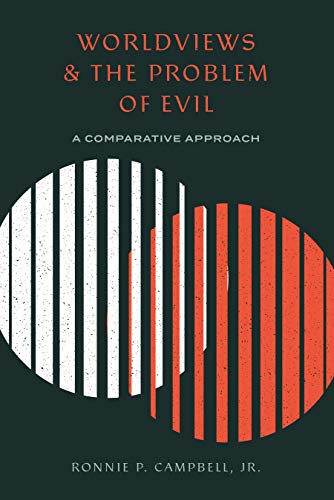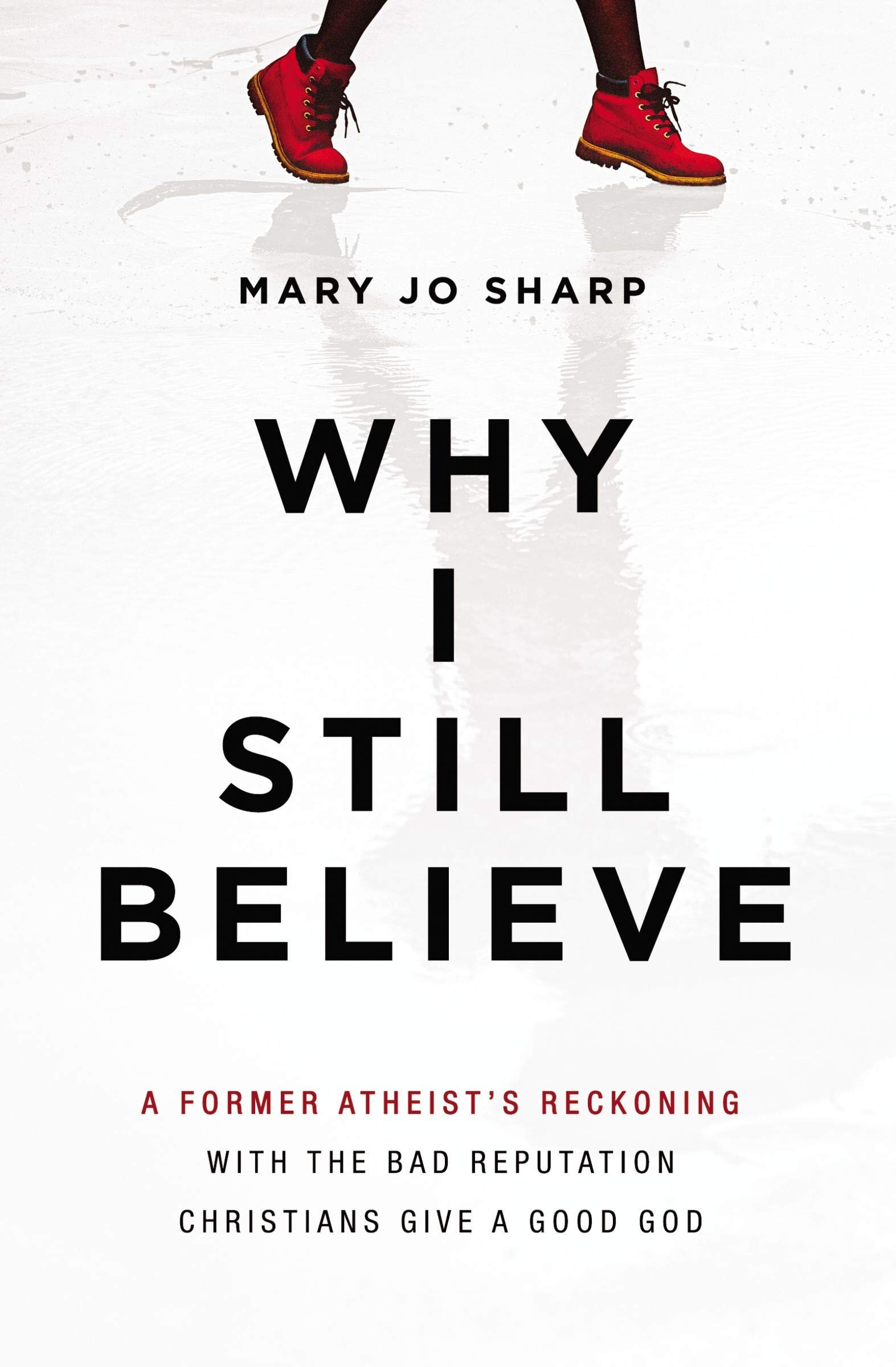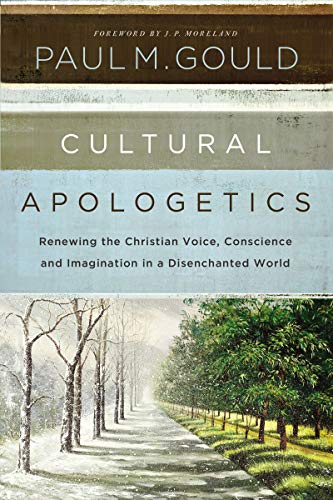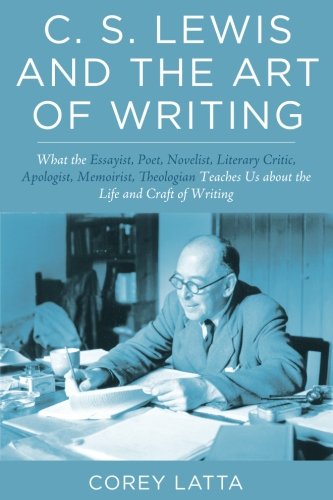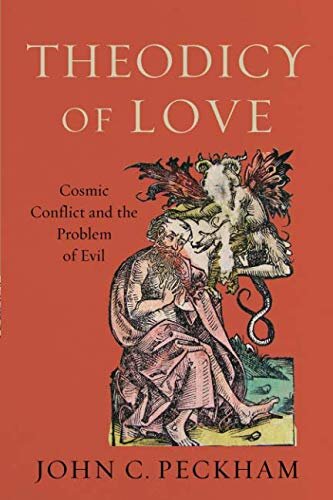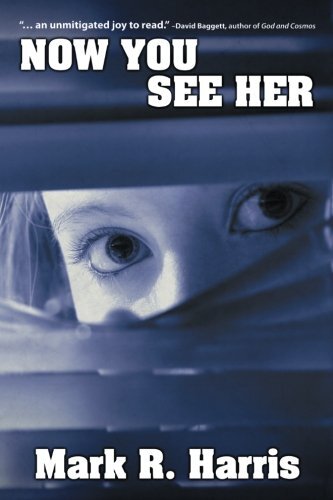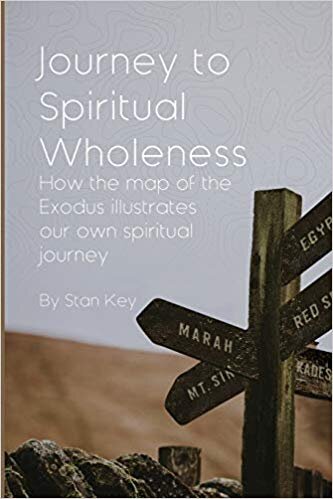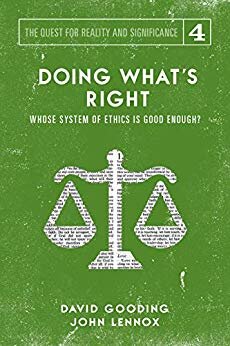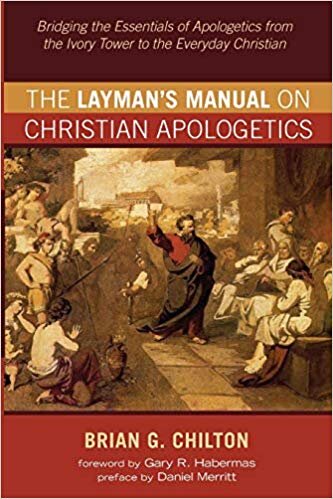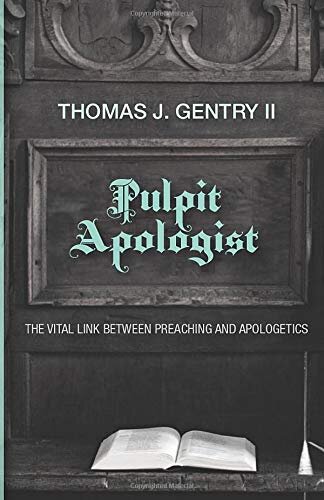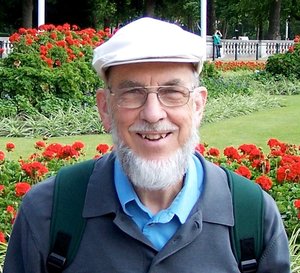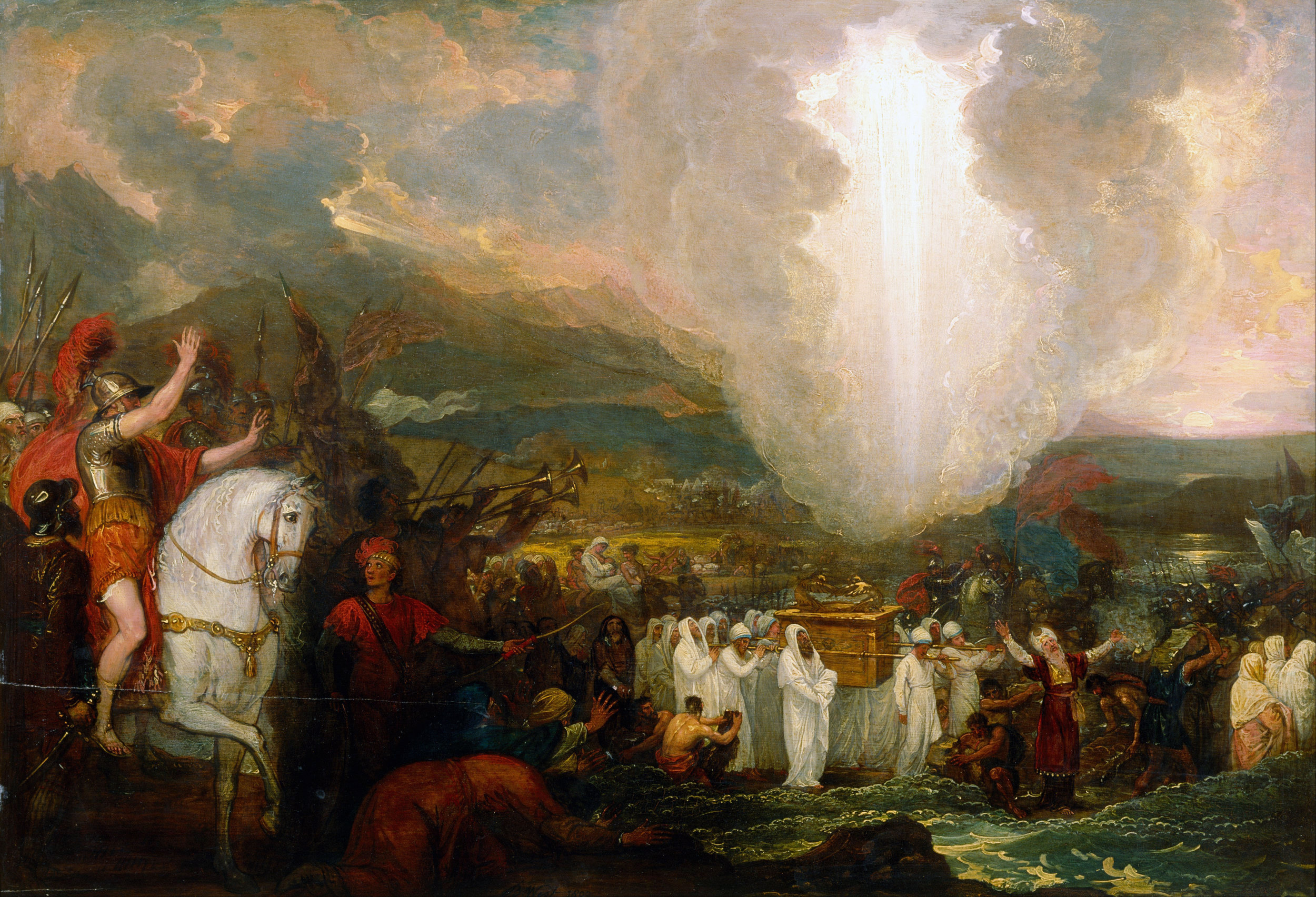Jr. and Sr. High School: Twilight Musings Autobiography (Part 5)
/Jr. & Sr. High School in Abilene: Twilight Musings Autobiography
Elton D. Higgs
Five of my last six years of public education were in Abilene, but I spent my senior year in Rule, TX. The year at Rule High School was such a contrast to all my Abilene school and social experiences that it deserves a separate essay, which will come in the next installment. My junior high and first two senior high school years in Abilene entailed growing through exposure to new educational structures and fresh opportunities for developing skills. It was during these years that I had to come to terms with having to work hard in my courses, instead of breezing through, as I did mostly in grade school. I learned to adapt to trying to do my best, even when my best was not going to bring me the good grades that I was used to. In reality, some of the courses that were most difficult for me turned out to have long-lasting benefits. I hope that perhaps I made some first steps toward humility in the process.
It was during junior high school that I played in the band for a couple of years. My brother Thavis got me a cheap clarinet and encouraged me to participate. The director, Mr. Griep, was a classmate of Thavis in the master’s degree program at Hardin Simmons University, but that connection didn’t bring me any advantage. I was a mediocre player, neither the best nor the worst in my section. I remember being a part of a trio and practicing with two girls for a competition. We did a passable but not an excellent job. The band played and marched at half-time for football games, so there was a lot of practice for that. We traveled with the team for out-of-town games as well as performing at home games. We went to the state band competitions, and I think we got a first, as a result of Mr. Griep’s vigorous drilling. By the third year of junior high, I was losing interest in the band and didn’t sign up again. However, I still remember the embouchure (lip configuration) for the clarinet and can make some kind of appropriate sound when I pick one up. That is the only musical instrument that I ever learned to play, but it sharpened my ability to read music, which was a lasting benefit.
I had another girlfriend experience in junior high. There was a girl named Charlotte Elliot who appeared on local television as a singer, and she caught my fancy. I left notes in her locker, but, alas, she did not reciprocate! I lived through it somehow. As well as I can remember, all of my subsequent infatuations were with girls from church, none of which lasted long.
Taking a couple of years of Spanish in junior high school led to my first trip out of the U.S. The class went to Monterrey, Mexico for cultural exposure to a Spanish-speaking country and practice in the language. My family couldn’t afford the cost, so it was a blessing that someone at the school paid the fee. I never knew for sure who it was, but I suspect it was my Spanish teacher, who thought I had done well in the class and wanted me to go. I gained some proficiency in speaking Spanish, and even my rudimentary ability enabled me to work in a dry goods store in my senior year in Rule, selling clothes to Mexican migrant workers who were there picking cotton. They were commonly referred to in Texas as “wetbacks” because they were pictured as having entered the country by wading the Rio Grande River (sound familiar?).
I went to Abilene High School for my sophomore and junior years, and I have several good memories of those two years. One of my initial courses there was two semesters of typing. I was terrible at it, and my grades were the lowest of any course I ever took. But the basic skill I gained has been monumental in its significance. I became thoroughly immersed in touch typing, rather than hunt-and-peck. I have often thanked God for making sure my advisor signed me up for the class.
The high point of those years was singing, first in the Men’s Chorus and then the next year in the Acapella Choir, with admission only by audition. The Acapella went on tour for a week toward the end of the year, and all music had to be memorized. The director was Gene Kenny, a man with high standards, demanding the best we could deliver and using mostly classical and folk music for his material. Those who heard the Choir commented on its mature sound for a high school group. There was individual talent, too, in the person of a marvelous bass-baritone named Julian Long. The Choir made a recording (33 rpm disc) of its repertoire, of which I still have a copy and play from time to time.
Another major high school memory is two world history classes I took from a dynamic teacher named Sarah Hardy. She was probably in her 50s or 60s and had been around for a good while. She engaged my attention and interest more than any other high school teacher. I didn’t realize at the time that her anti-Russian bias marked her as a political conservative, but she was fond of saying that Stalin was from an Eastern culture and could not be expected to act like people from the West. The framework of Western History she gave me in those two courses has been useful during all of my subsequent academic studies.
My five years in junior high and senior high in Abilene were a time of broadening my cultural and political perspectives. My Spanish courses not only took me to my first visit to a foreign country and provided skills used in employment later, but also laid the foundation for studying other foreign languages, such as French and Latin, which were necessary to my graduate studies in English. And not only did I enjoy singing high-quality music in the Acapella Choir, I developed an ear and a taste for classical music and excellent choral singing. My early enjoyment of classical music was reinforced during my high school years by occasional times when I visited my brother Thavis’s room while he was attending college. He had records of classical music that I listened to while he was in class. And my world history class broadened my cultural and political outlook and paved the way for pursuing more history in the future, which meshed well with my interest in English literature as it developed in my college years. All in all, my advanced public schooling in Abilene gave me valuable chances for trying new things and adjusting to the mix of success and failure in those endeavors.
My family’s move to Rule, TX in the summer after my junior year was necessitated, again, by my father’s illness with cancer, this time of the lungs. We needed to be near my brother Otho, who had moved to Rule a year or two previous to our arrival to establish an appliance and watch repair store. Otho provided work for my Dad in minding the store when my brother was out doing service or installation for the appliances he sold. My enrollment in Rule High School was a part of the process of resettling, and it proved to entail experiences I would never have encountered back in Abilene. More of that in the next installment.
Dr. Elton Higgs was a faculty member in the English department of the University of Michigan-Dearborn from 1965-2001. Having retired from UM-D as Prof. of English in 2001, he now lives with his wife and adult daughter in Jackson, MI.. He has published scholarly articles on Chaucer, Langland, the Pearl Poet, Shakespeare, and Milton. His self-published Collected Poems is online at Lulu.com. He also published a couple dozen short articles in religious journals. (Ed.: Dr. Higgs was the most important mentor during undergrad for the creator of this website, and his influence was inestimable; it's thrilling to welcome this dear friend onboard.)
















